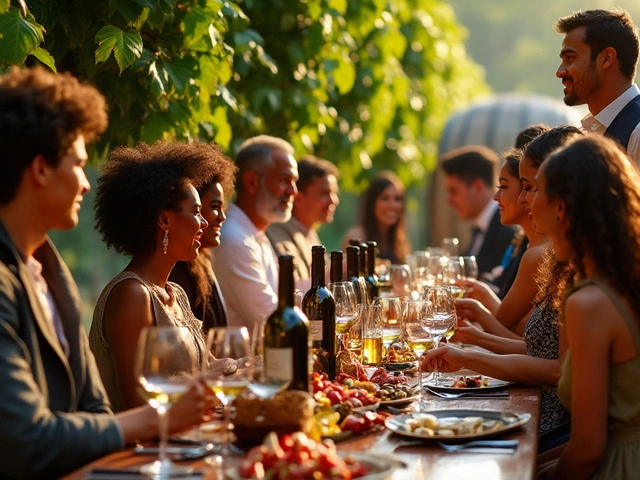Non-Alcoholic Intoxication: What It Really Means and Why It Matters
When people talk about feeling buzzed, dizzy, or oddly energized after a drink, they often assume it’s because of alcohol. But what if the drink had non-alcoholic intoxication, a state where someone experiences physical or mental effects similar to intoxication without consuming ethanol. Also known as alcohol-free intoxication, it’s not a myth—it’s a real phenomenon tied to how our bodies react to certain ingredients in drinks that claim to be alcohol-free. You might have felt it yourself: a sudden head rush after a fancy mocktail, a wave of nausea after a ginger kombucha, or that strange lightheadedness following a sparkling herbal tonic. It’s not your imagination. Something in the drink is triggering a response that mimics alcohol’s effects—without the alcohol.
This isn’t just about sugar or caffeine. Some mocktails, alcohol-free beverage blends designed to replicate the experience of cocktails use ingredients like yuzu, kava, or even trace amounts of fermented compounds that interact with your nervous system. Others rely on high concentrations of natural stimulants—think guarana, ginseng, or even certain herbal extracts—that can spike adrenaline or affect serotonin levels. Then there’s the psychological side: if you expect a drink to make you feel a certain way, your brain often delivers—even if the drink has zero alcohol. That’s the power of expectation, and it’s been documented in clinical settings. Even non-alcoholic drinks, beverages labeled as alcohol-free that may still contain trace ethanol or active botanicals can trigger physical reactions in sensitive people, especially if they’re consumed quickly or on an empty stomach.
Why does this matter? Because the market for alcohol-free drinks is exploding. People are choosing them for health, religion, pregnancy, or recovery—and they expect them to be safe. But safety isn’t just about alcohol content. It’s about what else is in the bottle. Some brands use flavor enhancers that mimic the mouthfeel of spirits, while others add natural sedatives like valerian root or chamomile extracts that can cause drowsiness. A 2023 study from the University of London found that nearly 17% of participants reported feeling unwell after consuming what they believed were purely non-alcoholic beverages, with symptoms ranging from dizziness to mild confusion. These aren’t side effects of alcohol—they’re side effects of the other stuff we’re putting in our bodies thinking it’s harmless.
That’s why the posts in this collection matter. They don’t just talk about what to drink when you’re avoiding alcohol. They dig into what’s actually in those drinks, how your body reacts, and which ones might be doing more harm than good—even if they’re labeled "zero proof." You’ll find real taste tests, breakdowns of ingredients you’ve never heard of, and honest takes on whether that "relaxing" herbal tonic is really calming you down—or just messing with your head. This isn’t about shaming non-alcoholic choices. It’s about making informed ones. Because if you’re choosing to skip the alcohol, you deserve to know what you’re really consuming.






Categories